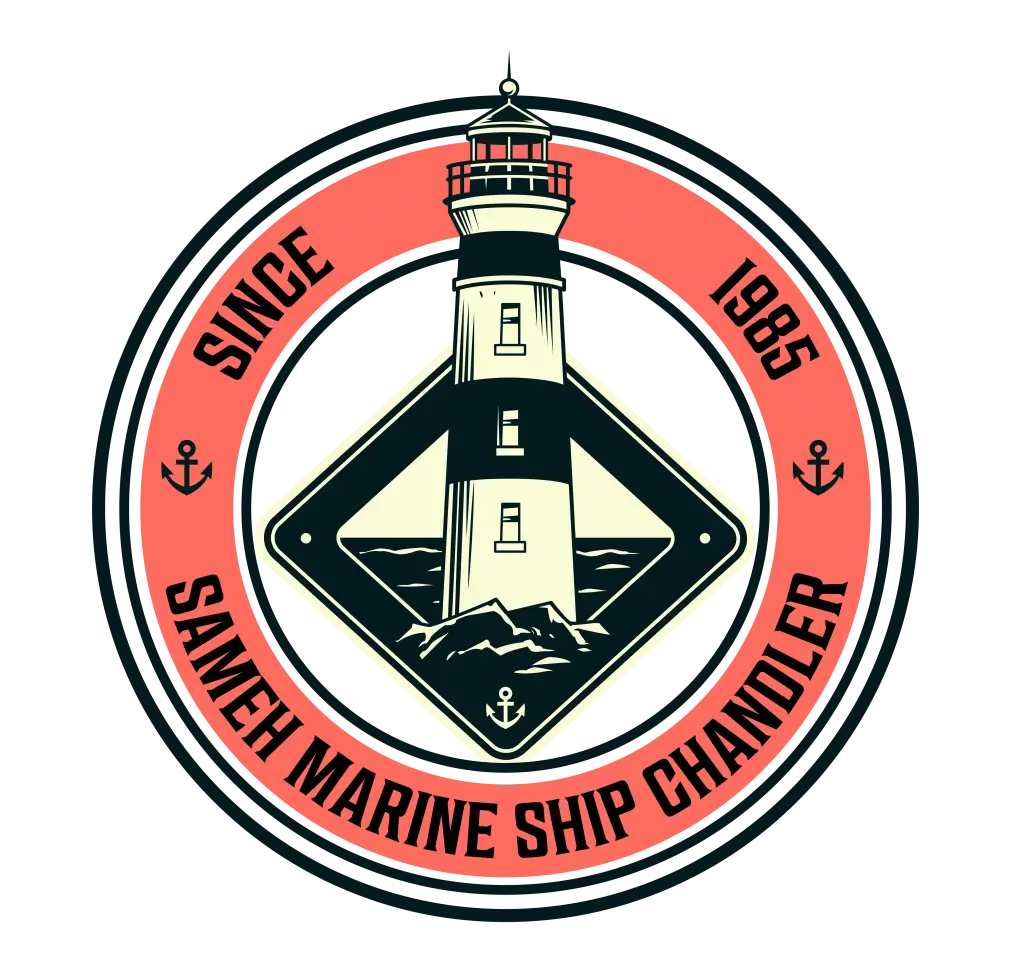In the world of maritime trade, ensuring compliance with environmental regulations is paramount. The Suez Canal, a vital maritime artery connecting the Mediterranean Sea to the Red Sea, witnesses heavy traffic of ships carrying goods across continents. Amidst this bustling activity, the issue of waste disposal emerges as a critical concern, one that demands adherence to MARPOL regulations. This guide aims to illuminate the hint of MARPOL compliant waste disposal for ships Suez Canal, delving into regulations, waste types, disposal practices, challenges, and best practices.
Understanding MARPOL Regulations
What is MARPOL?
The MARPOL Convention, short for the International Convention for the Prevention of Pollution from Ships, stands as a cornerstone in maritime environmental protection. Proper in 1973 and amended later, MARPOL aims to minimize pollution from ships by regulating various forms of marine pollution.
MARPOL Annexes
MARPOL consists of six annexes, each addressing specific types of pollution:
- Annex I: Covers oil pollution prevention and control.
- Annex II: Addresses the control of pollution by noxious liquid substances in bulk.
- Annex III: Focuses on the prevention of pollution by harmful substances carried by sea in packaged form.
- Annex IV: Pertains to prevention of pollution by sewage from ships.
- Annex V: Deals with prevention of pollution by garbage from ships.
- Annex VI: Addresses air pollution from ships.
Key MARPOL Requirements
MARPOL mandates the proper disposal of various waste types generated by ships, including but not limited to:
- Oil: Prohibited from discharge unless under specific circumstances and within prescribed limits.
- Sewage: Subject to treatment before discharge.
- Garbage: Must be stored, sorted, and disposed of in accordance with regulations.
Waste Disposal Practices in the Suez Canal
Overview of the Suez Canal
The Suez Canal serves as a vital shortcut for maritime trade, reducing transit times and costs significantly. However, the environmental impact of increased shipping activity in the region cannot be overlooked. Efforts to mitigate pollution and ensure MARPOL’s compliance are imperative.
Waste Disposal Regulations in the Suez Canal
Ships transiting the Suez Canal are obligated to adhere to MARPOL regulations concerning waste disposal. Compliance entails the implementation of robust waste management plans, onboard facilities for waste segregation, and utilization of port reception facilities.
Types of Waste Generated by Ships
Solid Waste
Ships generate solid waste in the form of packaging materials, food scraps, and other non-liquid items. MARPOL regulations stipulate proper storage and disposal methods for solid waste to prevent marine pollution.
Liquid Waste
Liquid waste, including sewage and wastewater, poses a significant environmental threat if discharged untreated. MARPOL requires ships to treat sewage and other liquid waste before discharge into marine environments.
Hazardous Waste
Certain substances carried by ships, such as chemicals and hazardous materials, fall under the category of hazardous waste. Proper handling, storage, and disposal procedures are urgent to prevent environmental harm.
MARPOL Compliant Waste Disposal Practices
Onboard Waste Management
Implementing effective onboard waste management systems is essential for minimizing waste generation and ensuring compliance with MARPOL regulations. Ship crews must undergo training to handle waste responsibly and segregate different waste streams effectively.
Port Reception Facilities
Port reception facilities play an important role in facilitating MARPOL compliant waste disposal. Ships can offload their waste at designated facilities in port areas, where it is treated and disposed of by regulations.
Reporting and Documentation
Maintaining accurate records of waste disposal activities is a fundamental aspect of MARPOL Compliant Waste Disposal. Ship operators must document waste generation, bile water process, treatment, and disposal processes to demonstrate adherence to regulatory requirements.
Challenges and Best Practices
Challenges in MARPOL Compliant Waste Disposal
Several challenges hinder effective waste disposal practices in the Suez Canal, including:
- Limited access to port reception facilities.
- Inadequate infrastructure for waste treatment.
- Lack of awareness among ship crews regarding MARPOL regulations.
Best Practices for Effective Waste Management
To address these challenges, stakeholders must:
- Enhance collaboration between ship operators and port authorities.
- Invest in infrastructure and facilities for waste treatment and disposal.
- Conduct regular training sessions for ship crews on MARPOL compliance and waste management best practices.
Conclusion
In conclusion, MARPOL compliant waste disposal for ships Suez Canal necessitates a concerted effort from all stakeholders. By adhering to regulatory requirements, implementing effective waste management practices, and fostering collaboration, we can mitigate pollution and preserve the environmental integrity of this vital maritime route.
